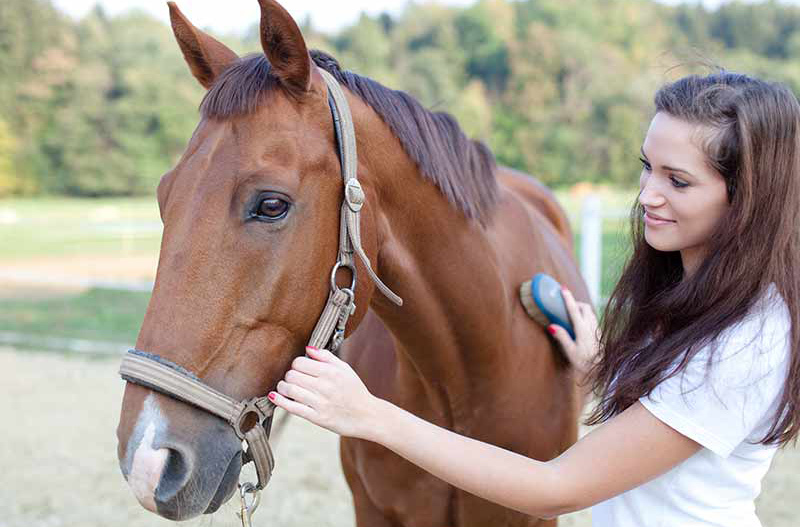Protect your pets: Common toxic plants to avoid
How to identify toxic plants and recognise signs of pet poisoning.
Read more18 September 2024
Mosquito numbers in Australia have been on the rise this year, meaning these annoying pests are going to be around a lot more. Not only do they cause an irritating bite, mosquitoes can also carry a number of serious diseases for horses such as the Ross River virus and the Kunjin virus.
As with many things such as diseases and illnesses, prevention is better than a cure. As a horse owner, you should be making a concerted effort to reduce the risk of exposure to mosquitoes. As mosquitoes are extremely common and even more so around water, it may be impossible to completely prevent a horse being bitten. However, the following suggestions may minimise the risk of horses being bitten and possibly contracting mosquito-borne diseases.
Mosquitoes are attracted to stagnant/still water, therefore it is necessary to remove this from the premises to cut down the number of mosquitoes bothering you and your horses. This includes any containers that can hold water or may fill up when it rains, and ensuring that they cannot access rainwater tanks.
One of the easiest ways to prevent mosquito bites is using good quality repellents from your local vet or horse supply store. These repellents can come in all different products such as cream and spray, and be sure to apply a small amount to start with in case your horse is allergic.

If possible, keep your horses in their stables at dawn and dusk as this is when mosquitoes are most active. As well as this, you can also install fluorescent lights that don’t attract mosquitoes; turn the lights off all together; or install lights outside the perimeter to attract them away from the horses.
Screening the stable windows and other entrances can alleviate the amount of mosquitoes around your horses when in the stable, as well as commercial mosquito traps.
Use fogging, fans and automatic overhead misting systems to eliminate mosquitoes within stables.
The use of physical barriers such as rugs and hooding in lightweight material or lightweight fly sheets/masks/boots can help deter the insects. Keep in mind though, that in warm weather these thin mesh sheets can make your horse uncomfortable and make them sweat and overheat.
In addition to possible diseases, insect bites (not only from mosquitoes) are a very common cause of skin disease in horses. They can create wounds large enough to welcome a bacterial infection. It is important to keep a close eye on your horse and to note if anything looks out of the ordinary.
It is also encouraged to contact your local veterinarian for further information about mosquito-borne diseases and how to reduce the risk of exposure to mosquitoes. Any horse showing unusual or unexplained signs of disease should be promptly reported to a vet.